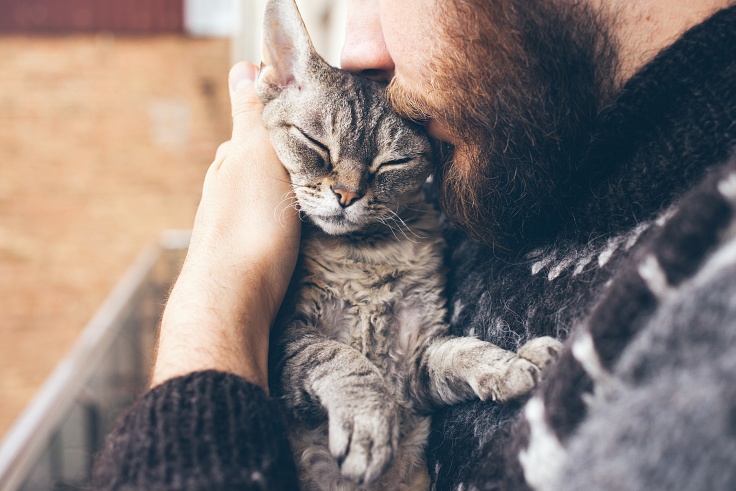Protect Your Pets from Rodenticide Poisoning

d-CON® is one of the most popular brands of rodenticide in the US.
For the past several decades, we've been able to rely upon the fact that all d-CON® rodenticides were anticoagulants (blood thinners). If you've ever had a pet that ingested rat poisoning with an anticoagulant in the past, you probably know that while toxic, there was an antidote. Your pet probably was given a prescription of vitamin K1.
Starting this year, d-CON® is transitioning their residential rodenticides to a very different active ingredient - cholecalciferol (vitamin D3). The medical implications of this change are that once this switch is fully made, the majority of rodenticides sold for residential use will not have a safe, accessible or inexpensive antidote.
Unfortunately, clinical signs of cholecalciferol poisoning may not be seen for 1-2 days post exposure, potentially leading to acute and severe kidney failure within 2-3 days. Symptoms may include increased thirst and urination, vomiting, decreased appetite, weakness/lethargy and an ammonia or urine smell to the breath. Ingestions must be treated very quickly.
It is imperative that you keep rodenticides out of reach of dogs and cats. Keeping hydrogen peroxide on hand to induce vomiting if needed, is recommended. In the case of accidental ingestion, your Veterinarian will need the packaging container that the rodenticide came in to determine which active ingredient is in it.
The doctors at Bonnie Brae Veterinary Hospital will be monitoring the new developments in rodenticides and will be taking a course for an in-depth understanding of vitamin D3 poisoning in August.





